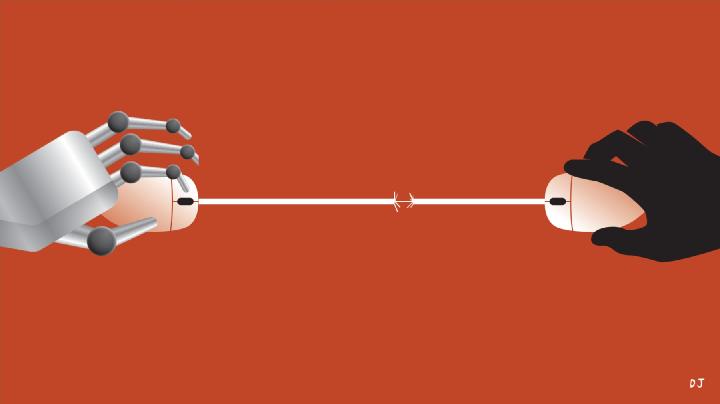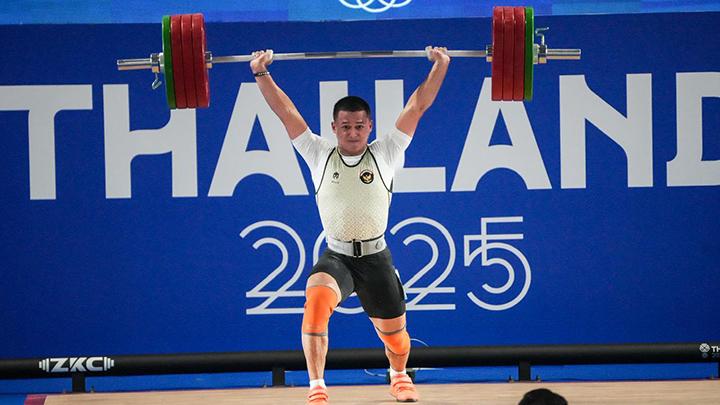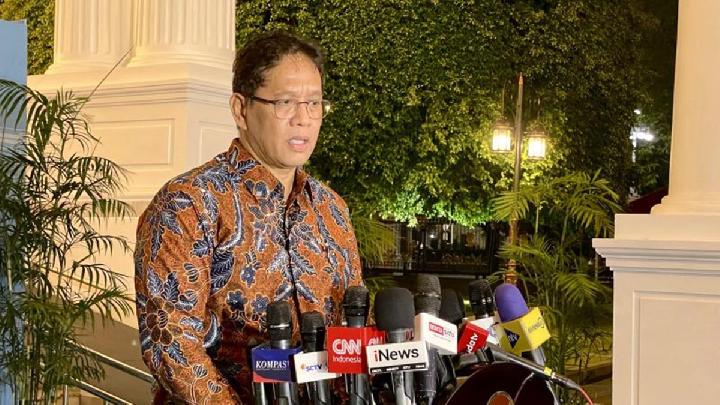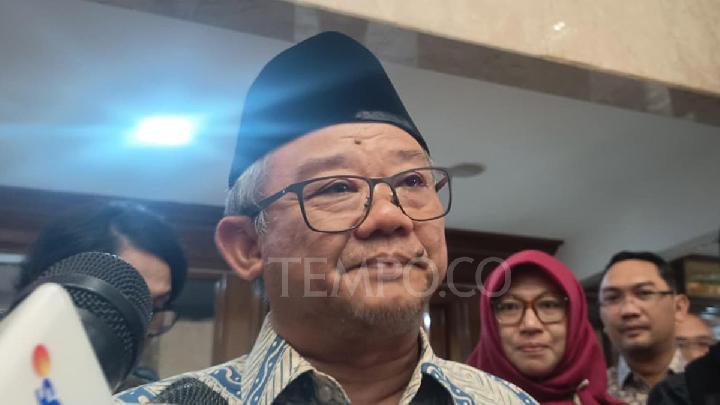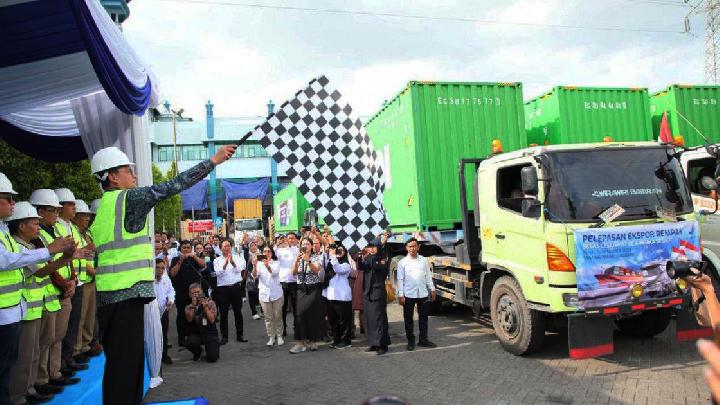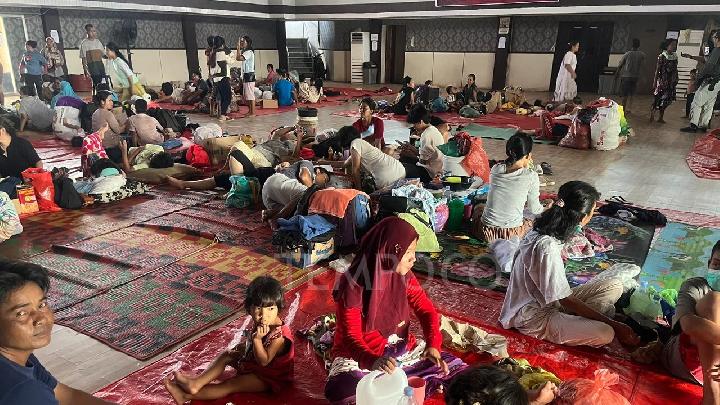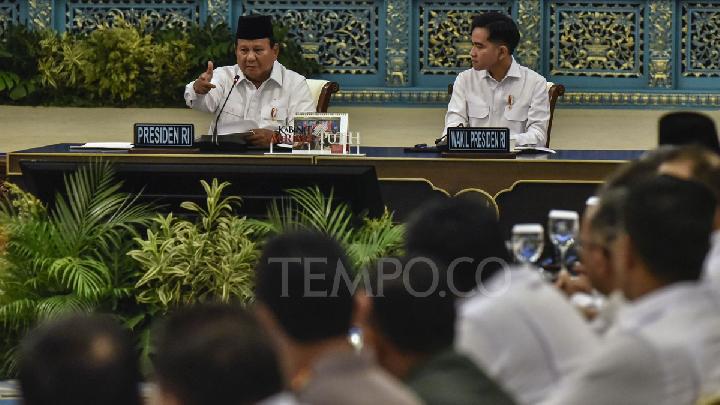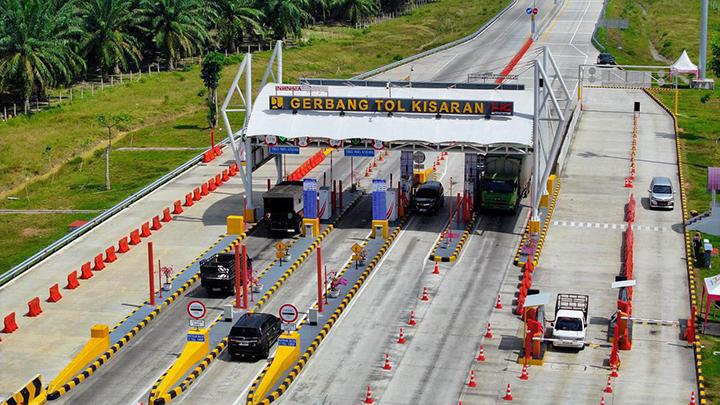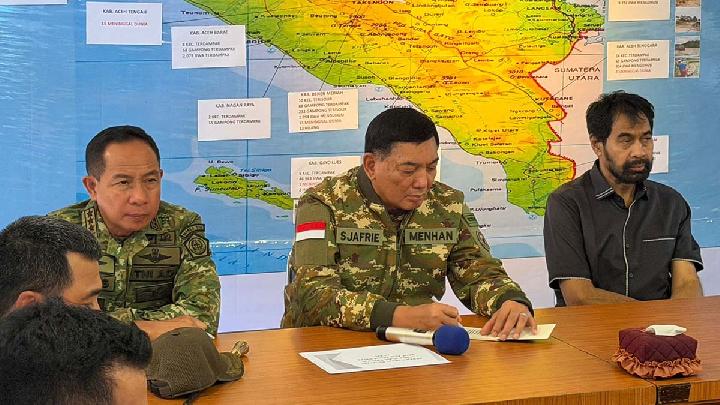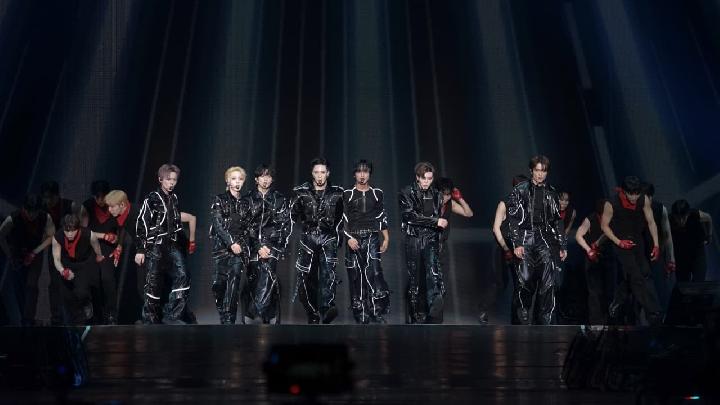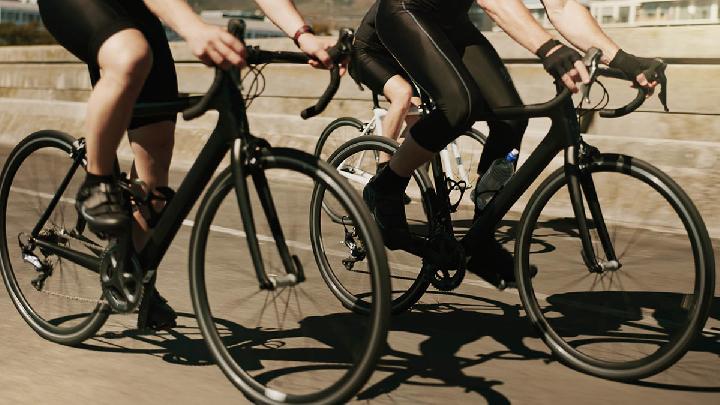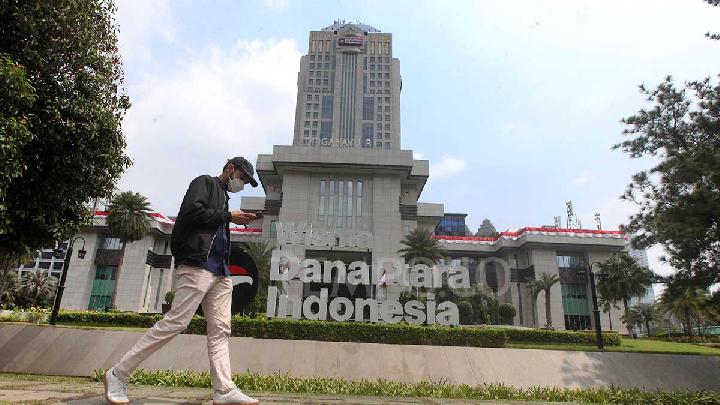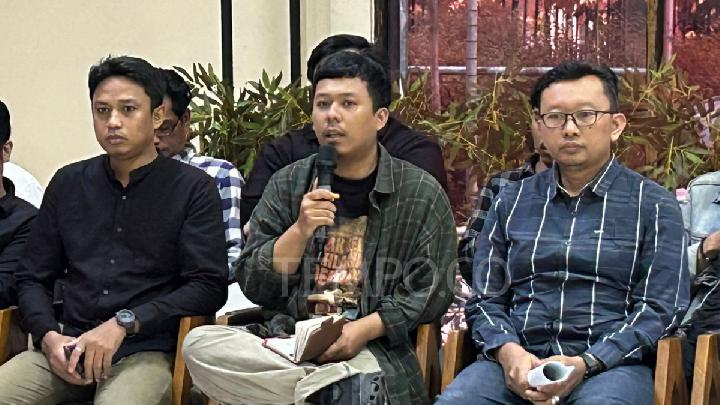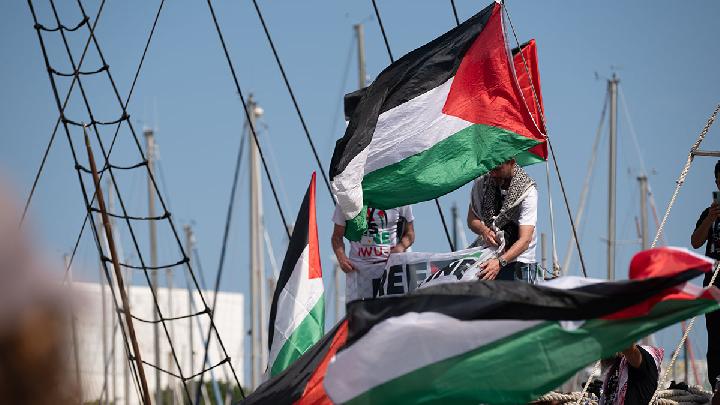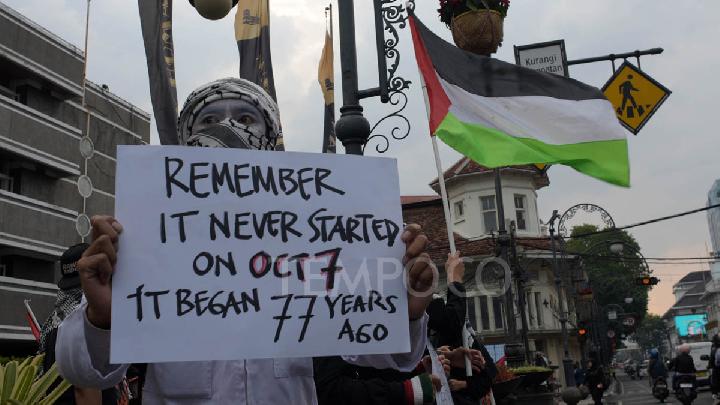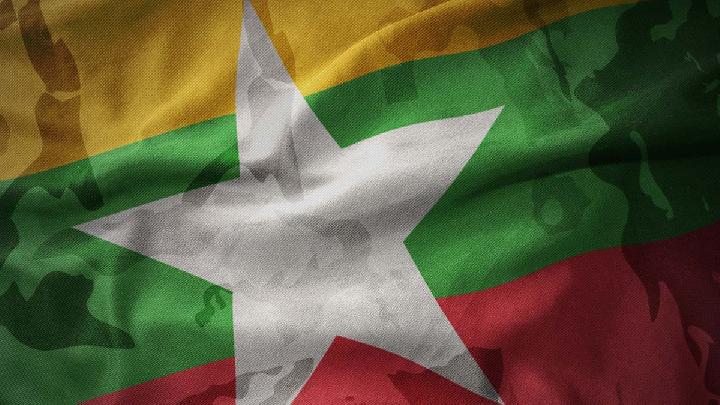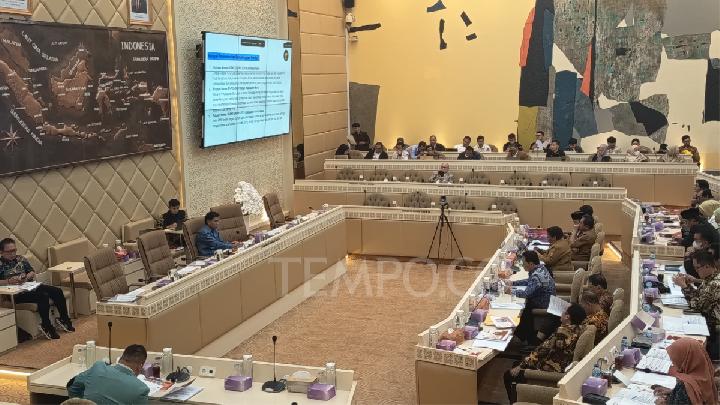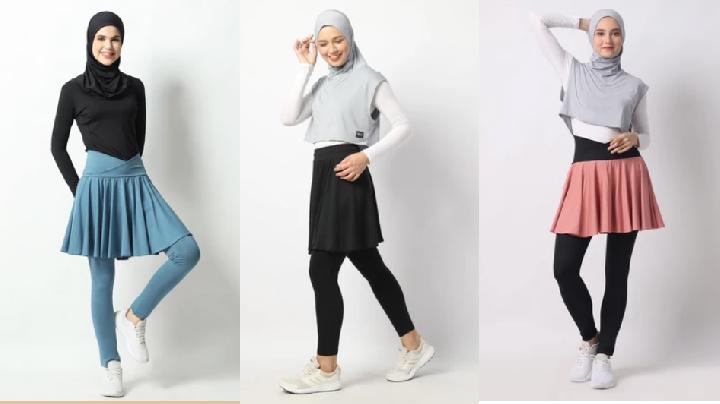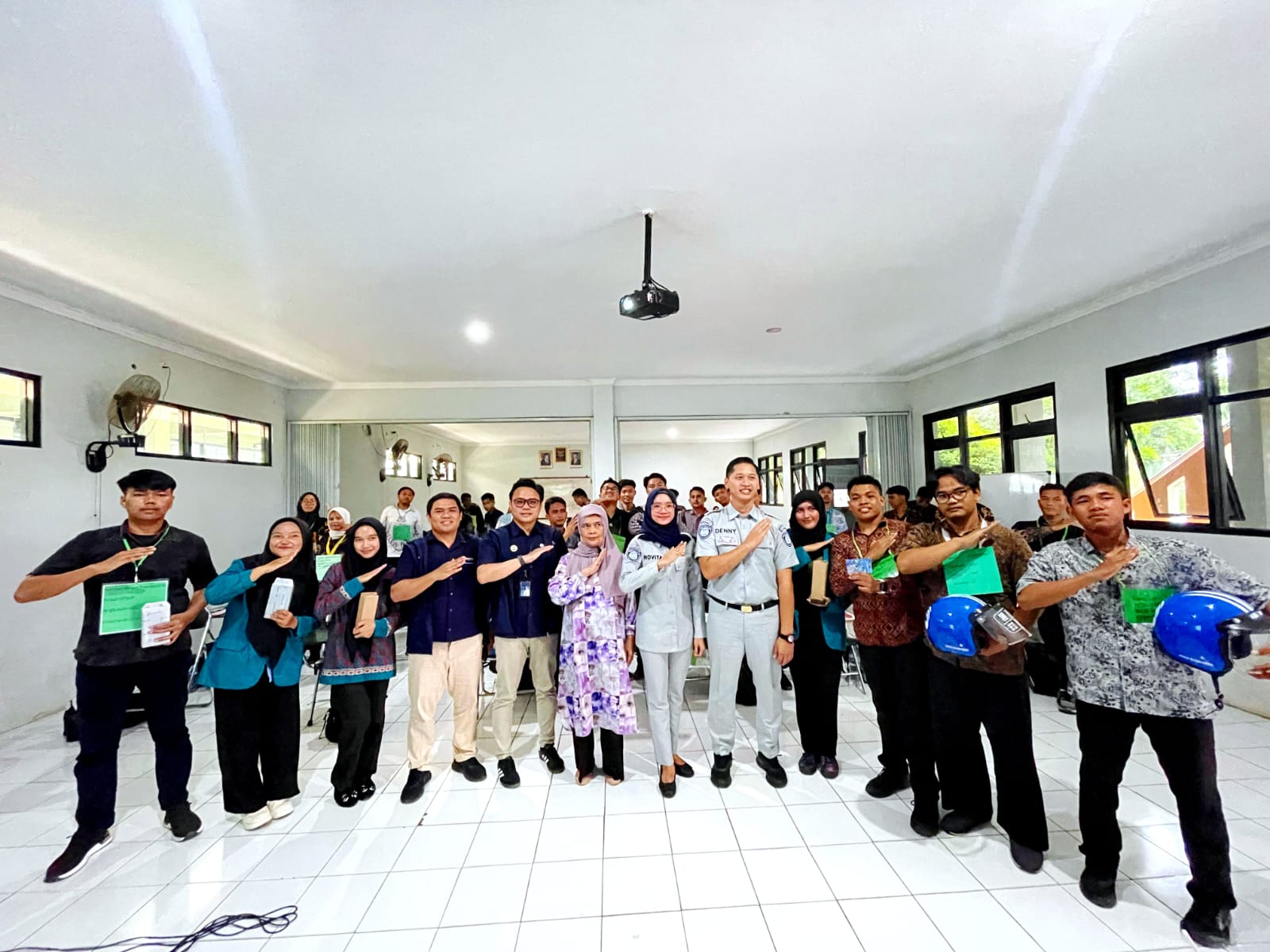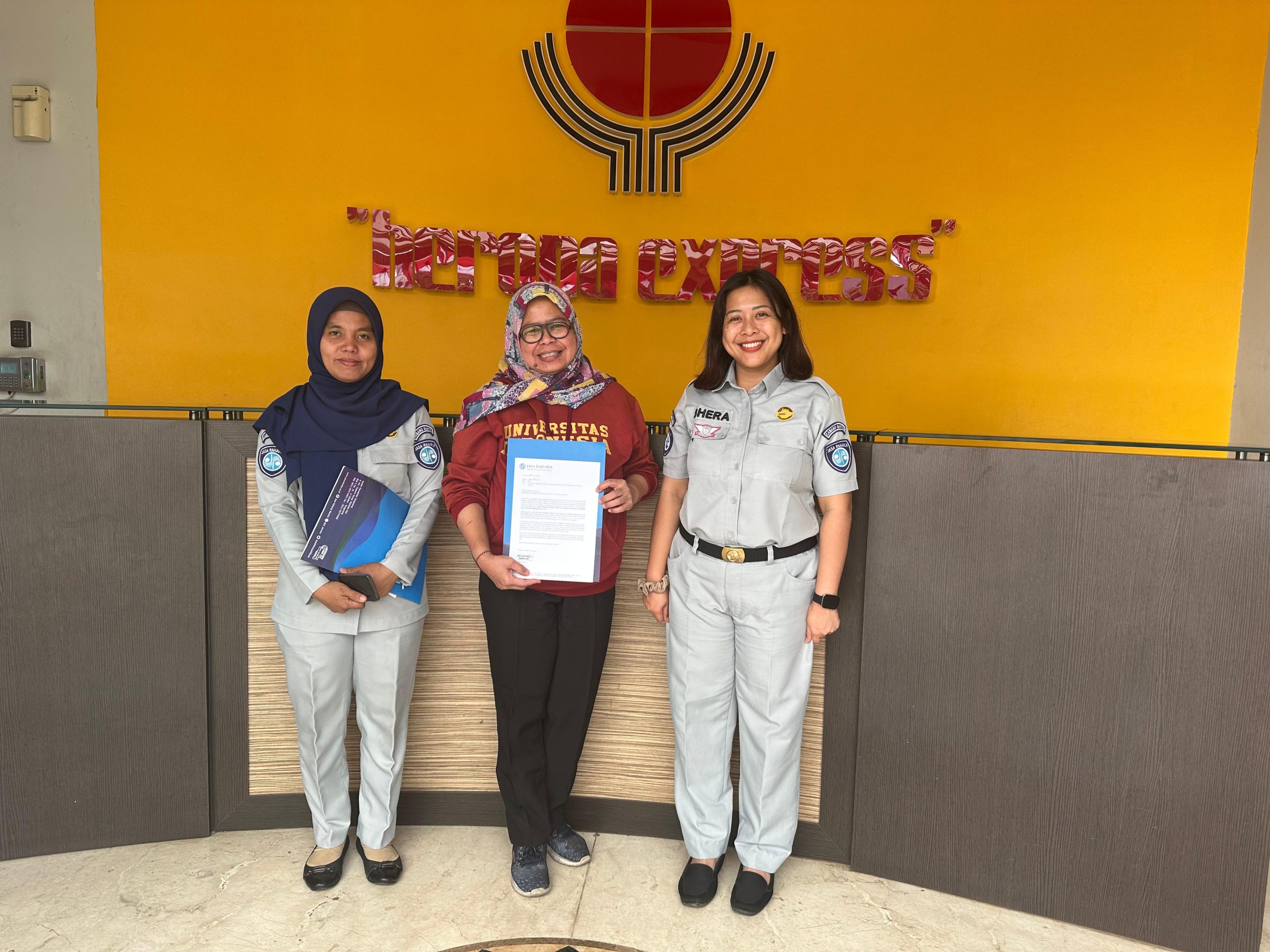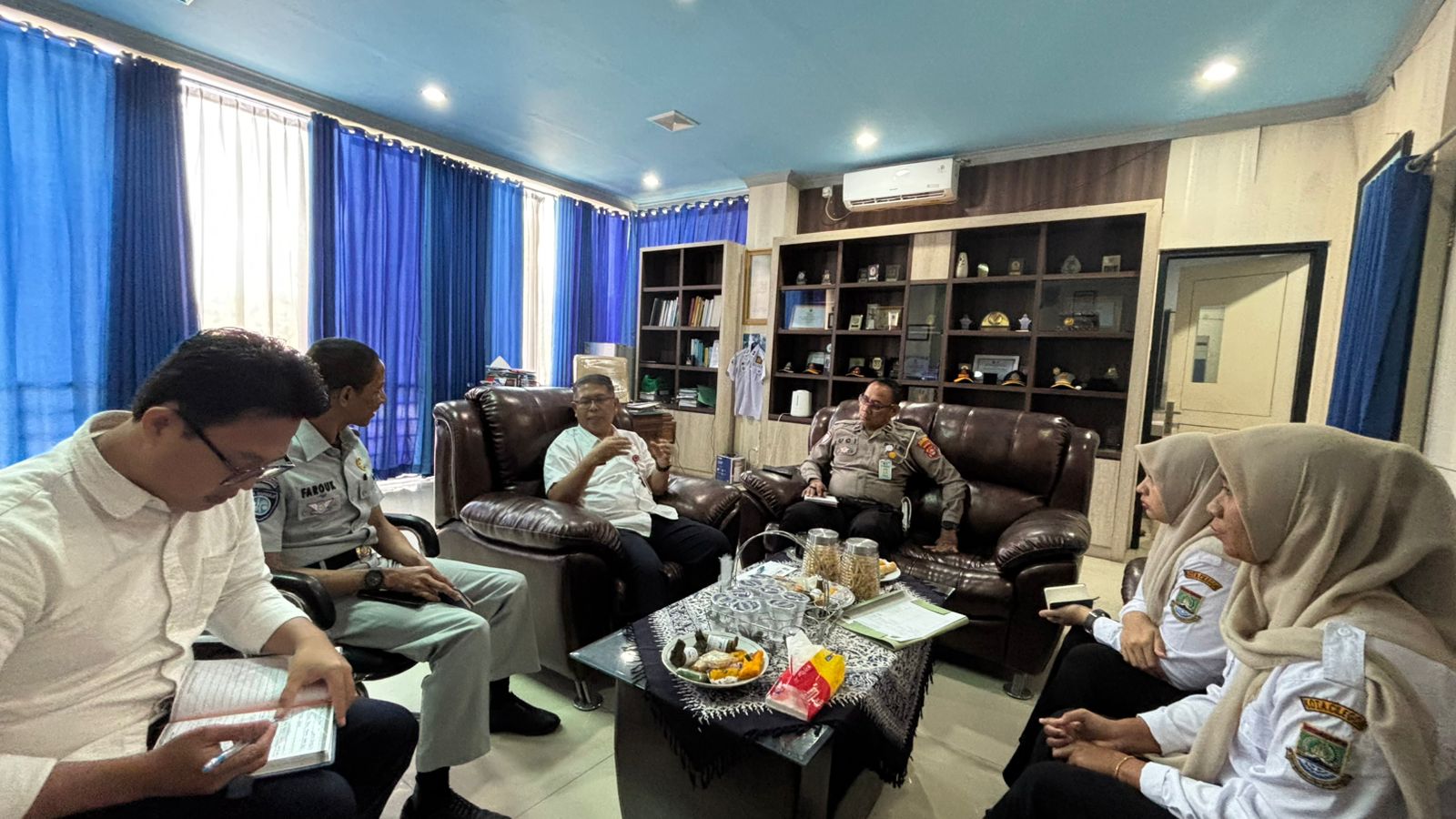September 10, 2025 | 10:11 pm

TEMPO.CO, Jakarta - Following negotiations between its 27 member states, the EU has introduced 30% reduction targets on food waste generated by households, retailers and restaurants. The goals are to be met by 2030. Waste generated by food processing and manufacturing will also be cut by 10% compared to 2021-2023 levels.
The bloc wastes almost 60 million tons of food annually, at an estimated loss of €132 billion ($155 billion), according to the European Commission.
Food waste also has a significant climate impact, generating about 16% of the total greenhouse gas (GHG) emissions from the EU food system. If trashed food were a member state, it would be the fifth largest GHG emitter. In addition, wasting food increases the demand for scarce natural resources such as land and water.
The new commitment will be enshrined in an EU directive, which was last updated in 2018 and spells out how to manage, recycle and recover waste.
Countries will be given binding reduction targets, but will be able to choose the best way to meet them.
Amendments to the waste directive were based partly on a 2024 report from EU parliament rapporteur, Anna Zalewska, who called for promoting consumption of fruit and vegetables that "don't look so pretty" but are "just as edible," and donating food that is unsold but not out-of-date.
Targeting Food Waste and Fashion
While individuals in the EU waste on average around 130 kilos (286 pounds) of food per year, they also contribute roughly 15 kilos of textile trash.
The EU's Strategy for Sustainable and Circular Textiles aims to create "a whole new sustainable ecosystem for textiles by the end of this decade" by ensuring that producers create clothes that are more durable, repairable and recyclable.
This demands a "whole-lifecycle" approach through better availability of re-use and repair services, for example. The goals is also to cut the 25-40% of unused fabric in clothes production that creates waste.
These goals will be added to the EU Waste Framework Directive through an extended producer responsibility (EPR) scheme that require textiles — and footwear — makers supplying an EU country to cover the costs of their collection, sorting and recycling. The EPR schemes would cover textiles, textile-related and footwear products across all EU countries.
To combat ultra-fast fashion imported from abroad, and especially China, producers inside and outside the EU will be subject to the directive.
Less than 1% of textiles worldwide are recycled at present, while 12.6 million tons of fabric waste are generated in the bloc annually, according to the EU. Moreover, a single cotton T-shirt alone requires 2,700 liters of fresh water.
But most concerning perhaps, is the fact that around 4-9% of all textile products placed on the European market are destroyed without ever being used. This is according to the European Environment Agency, which notes that this wastage is equivalent to 5.6 million tons of CO2-equivalent GHG emissions — just slightly lower that Sweden's net emissions in 2021.
Compromise Reached After Calls for More Ambition
Some EU lawmakers last year asked for ambitious cuts of 40% for households and restaurants, and 20% for manufacturers. The final compromise made between the European Commission and the EU's 27 member states still falls short of the United Nations Sustainable Development Goal, which is to halve per capita global food waste by 2030.
The final proposal also faced pushback from restaurant and hospitality sectors that oppose binding targets and want to focus more on educating the public about the economic and environmental consequences of food waste.
"The key is raising awareness — especially among consumers," Marine Thizon, of the European hotel, restaurant and cafe industry group, Hotrec, told the AFP news agency.
"More than 50% of food waste in Europe happens at the level of households," she said.
Meanwhile, farmers will not be subject to the new restrictions on food waste, which is a concern for environmental groups including the World Wildlife Fund.
"Losses that occur before, during and after harvesting or livestock rearing make up a considerable amount of food waste across the value chain," the WWF told AFP.
Editor’s Choice: Waste Management Poses New Challenge for Prabowo's Free Meal Program
Click here to get the latest news updates from Tempo on Google News
Textile Association Urges Probe Into Illegal Secondhand Clothing Imports in Indonesia
1 hari lalu
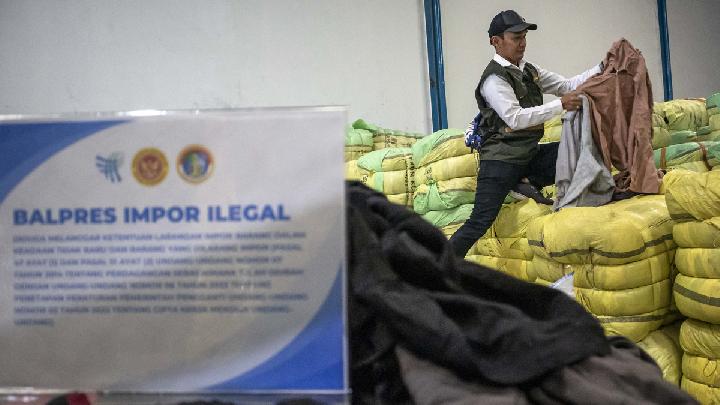
KAHMI Tekstil alleges a well-structured syndicate is behind Indonesia's illegal secondhand clothing imports.
EU Chief Plane Hit by Suspected Russian GPS Jamming
9 hari lalu

Ursula von der Leyen's flight to Bulgaria was targeted with navigation interference, which the EU says was possibly deliberately done by Russia.
Sweden, Netherlands Call on EU to Cut Trade Ties with Israel
12 hari lalu

Sweden and the Netherlands jointly urged the European Union to suspend trade with Israel in light of the situation in Gaza.
Indonesia Confident in Biodiesel Export Growth After WTO Win over EU
12 hari lalu
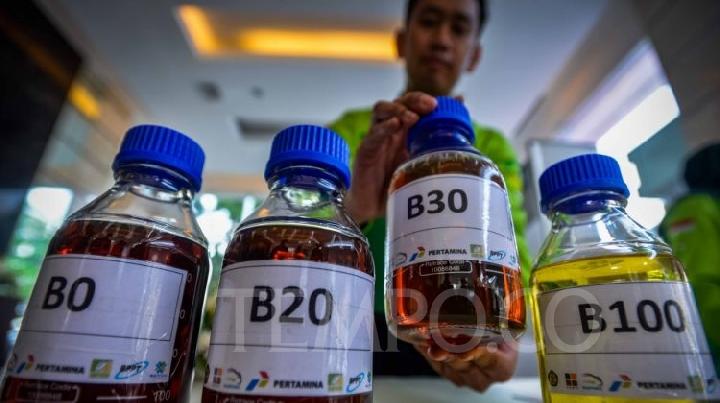
Indonesia targets a 6.7 percent average annual growth in biodiesel exports.
Indonesia Wins WTO Dispute, Calls for End to EU Biodiesel Tariffs
16 hari lalu

Indonesian Trade Minister urges the EU to immediately revoke the countervailing duties that are not in line with WTO rules
EU-US Deal Set to Lower Car Tariffs, No Exception for Wine
19 hari lalu

Following threats from Washington, the EU agreed to a 15% tariff on most of its exports to the US, including cars.
Greenpeace Indonesia: Waste Banks Not Key Solution to Solving Plastic Pollution
19 hari lalu

Atha Rasyadi from Greenpeace emphasizes that waste banks do have a function, but their role is limited.
Indonesia's Textile Factories Face Closures, Layoffs Amid Import Quota Surge
21 hari lalu

At least 60 domestic textile companies have collapsed over the past two years, leaving around 250,000 employees unemployed.
79 Tons of Waste Collected Around Merdeka Palace After RI's 80th Anniversary Celebration
23 hari lalu

Tens of tons of waste were left behind after the carnival and celebrations for Indonesia's 80th anniversary yesterday.
On Indonesia's 80th Independence Day, 1,800 Officers Are on Standby to Anticipate Waste in Jakarta
24 hari lalu

For several days leading up to the 80th Indonesian Independence Day celebration, sanitation workers have been deployed from morning till night at crowded locations.

